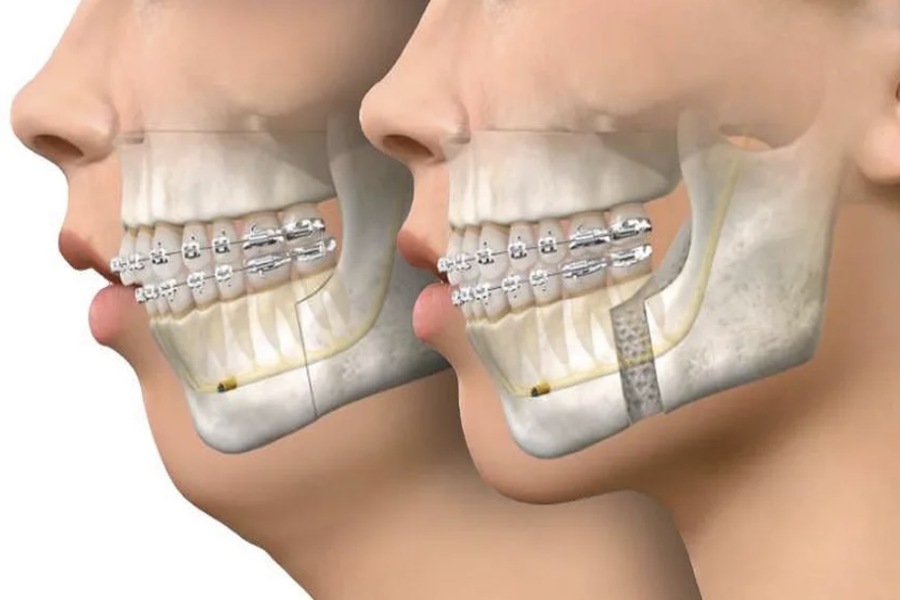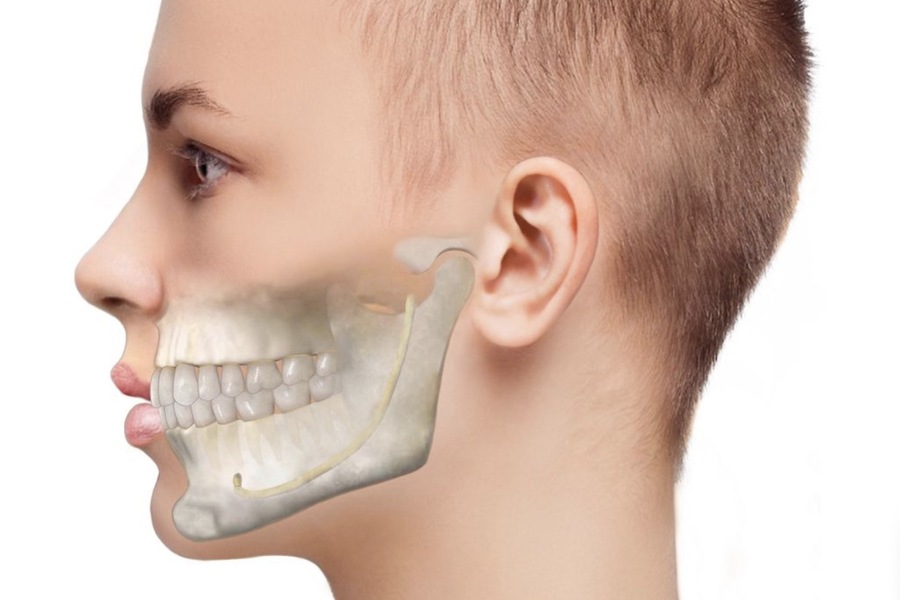Corrective jaw surgery orthognathic is a life-changing procedure that addresses functional and aesthetic issues related to jaw alignment. While the physical benefits of the surgery are well-documented, the psychological impact is equally profound. This article explores the psychological changes that patients experience before and after corrective jaw surgery, highlighting the importance of mental health support in the treatment process.
Page Content
The Emotional Journey of Corrective Jaw Surgery
Corrective jaw surgery is often accompanied by a range of emotions, from anxiety and uncertainty before the procedure to relief and increased confidence afterward. Understanding this emotional journey is crucial for providing comprehensive care that addresses physical and psychological needs.
Pre-Surgery Anxiety: Patients often experience anxiety and fear in the lead-up to corrective jaw surgery. Concerns about the procedure, potential complications, and the long recovery period can contribute to heightened stress levels. A study in the Journal of Oral and Maxillofacial Surgery (2021) found that 60% of patients reported significant anxiety before surgery, highlighting the need for preoperative psychological support.
Body Image and Self-Esteem: Many patients seek corrective jaw surgery to address aesthetic concerns, such as a protruding jaw or facial asymmetry. These concerns can have a profound impact on self-esteem and body image. For some, anticipating an improved appearance leads to positive hope and excitement, while others may struggle with fears about the outcome.

The Post-Surgery Psychological Transformation
The psychological impact of corrective jaw surgery extends well beyond the operating room, with many patients experiencing significant emotional and mental health changes following the procedure.
Increased Confidence and Self-Esteem: One of the most common psychological benefits patients report after corrective jaw surgery is a significant boost in confidence and self-esteem. Improving facial aesthetics often leads to enhanced social interactions and a more positive self-image. A study published in the American Journal of Orthodontics and Dentofacial Orthopedics (2020) found that 80% of patients reported higher self-esteem six months after surgery.
Relief from Social Anxiety: Corrective jaw surgery can alleviate social anxiety for patients who were previously self-conscious about their appearance. Smiling, speaking, and interacting with others without fear of judgment can improve mental health and overall well-being.
Postoperative Depression and Adjustment: While many patients experience positive psychological outcomes, some may face challenges during the recovery period, including postoperative depression or difficulty adjusting to their new appearance. Healthcare providers need to monitor patients for signs of depression and provide appropriate support during this critical time.

The Role of Mental Health Support in Jaw Surgery
The psychological impact of corrective jaw surgery underscores the importance of integrating mental health support into the treatment process. Addressing surgery’s physical and emotional aspects leads to more comprehensive care and better long-term outcomes.
Preoperative Counseling: Preoperative counseling can help patients manage anxiety, set realistic expectations, and prepare for the emotional aspects of surgery. This support is crucial for reducing pre-surgery stress and promoting a positive outlook.
Postoperative Support Groups: Support groups offer a valuable resource for patients recovering from corrective jaw surgery. Sharing experiences with others undergoing similar procedures can provide emotional support and help patients navigate the adjustment period.
Ongoing Mental Health Care: For patients who experience significant psychological challenges after surgery, ongoing mental health care may be necessary. This care can include therapy, counseling, and medication to address issues such as depression, anxiety, and body dysmorphia.
Conclusion
Corrective jaw surgery is a transformative procedure that profoundly impacts physical and psychological well-being. By understanding patients’ emotional journeys and providing comprehensive mental health support, healthcare providers can ensure that the benefits of surgery extend beyond the physical changes. A holistic approach to care that addresses both body and mind is essential for achieving the best possible outcomes for patients undergoing corrective jaw surgery.

Skateboarder, feminist, DJ, hand letterer and HTML & CSS lover. Doing at the sweet spot between beauty and function to create great work for living breathing human beings. I’m fueled by craft beer, hip-hop and tortilla chips.